“Gay Priori: A Queer Critical Legal Studies Approach to Law Reform,” by Libby Adler LL.M. ’98 (Duke)
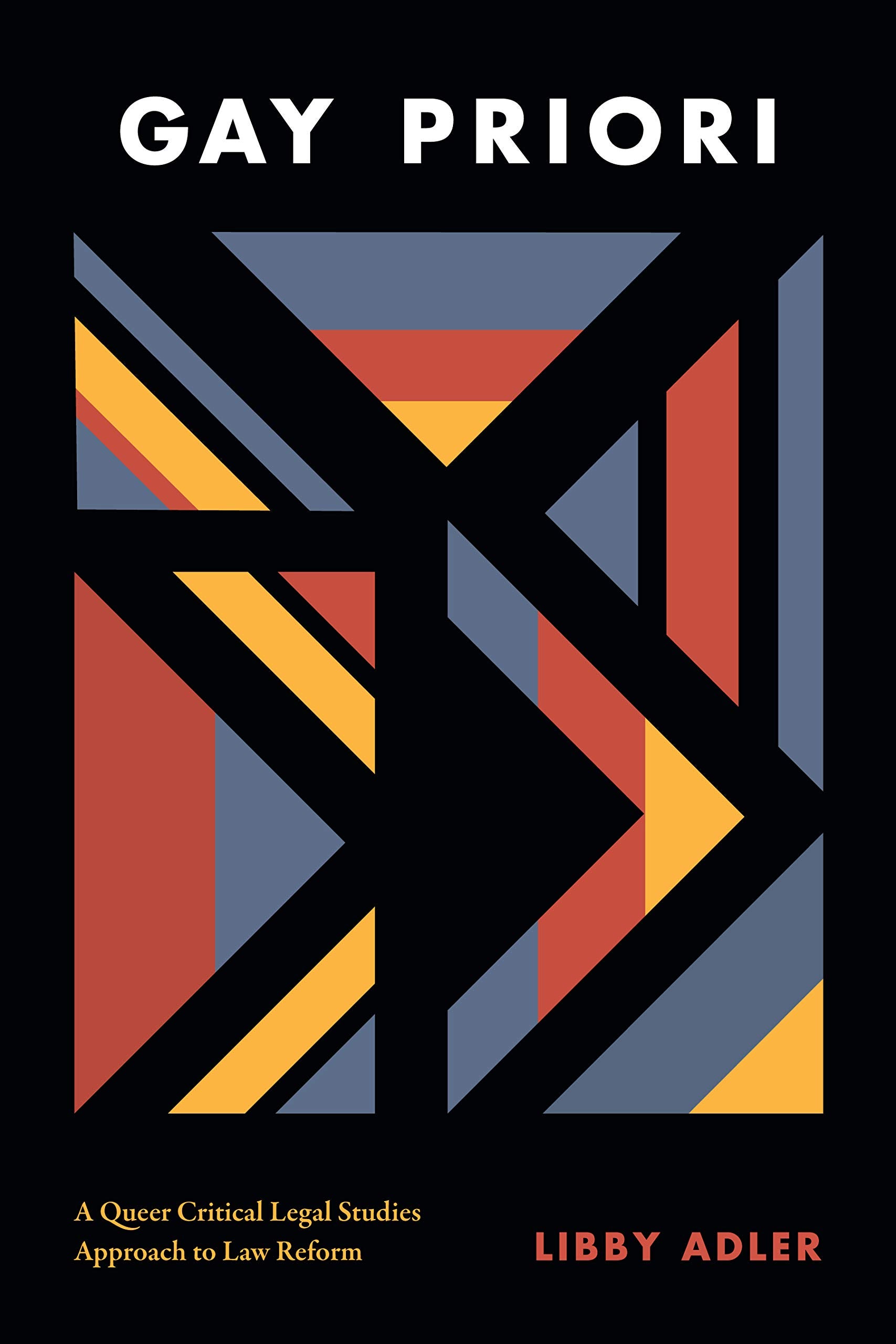
Adler, a professor at Northeastern University, critiques the mainstream LGBT law reform movement and the “equal rights discourse” that drives it, and calls for shifting priorities in order to benefit marginalized members of the LGBT community. For example, she points to LGBT resources being committed to a largely symbolic fight against a Christian student organization that sought to exclude gay students but not to a fight against a law that could hurt thousands of homeless LGBT youth. While not wanting to eliminate equal rights initiatives, she advocates for a new focus “away from grand aspiration and principled vindication and … toward the gritty, low-profile rules, doctrines, and practices that condition daily life on the margins.”
“Chokehold [Policing Black Men]: A Renegade Prosecutor’s Radical Thoughts on How to Disrupt the System,” by Paul Butler ’86 (New Press)
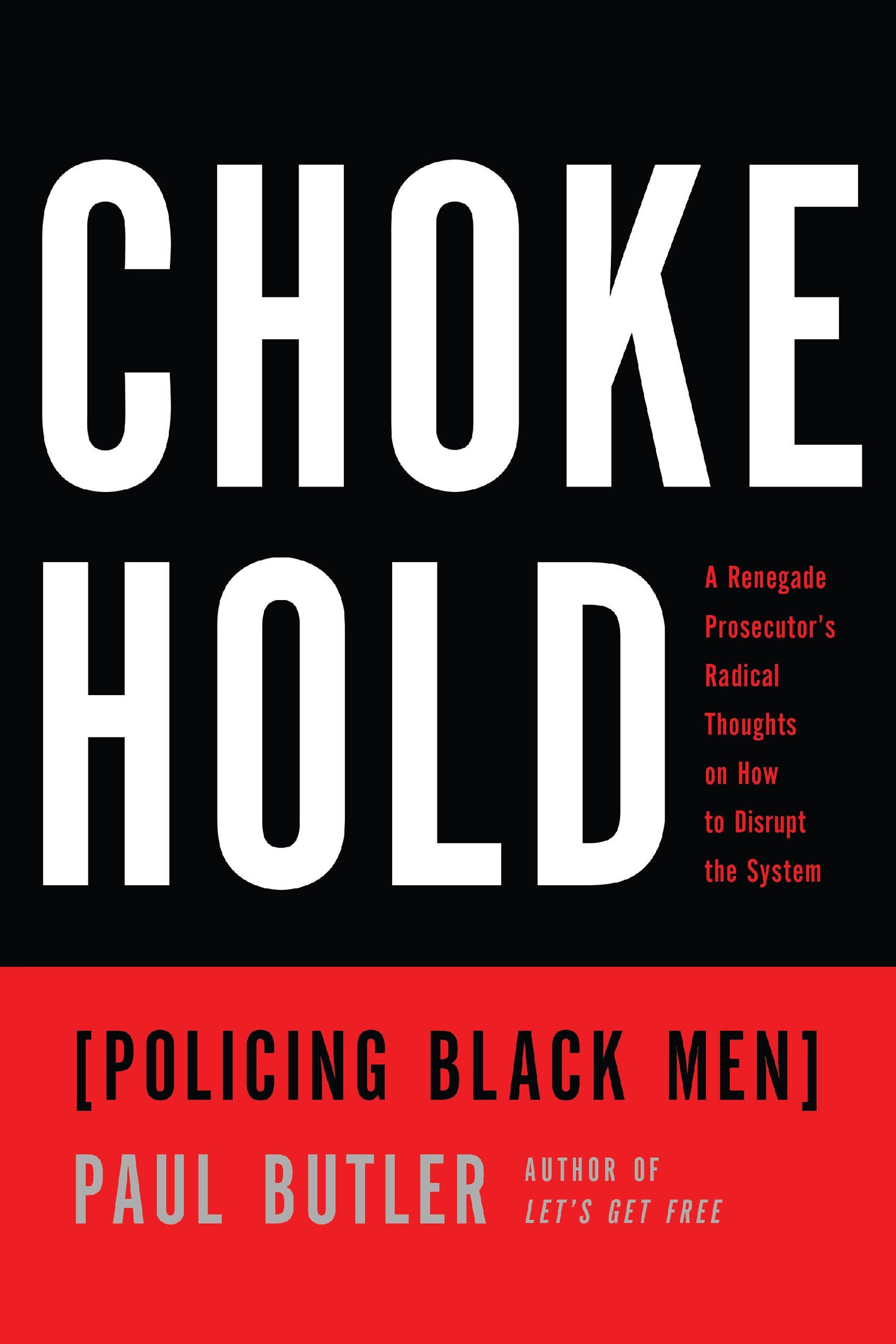
Butler exposes the literal and metaphorical chokeholds that constrict the lives of African-Americans and provides correctives to a criminal justice system he says is designed to target black men. As a former prosecutor, now a Georgetown University law professor (and a visiting professor at HLS this past year), he acknowledges that he was once part of that system, and that has helped motivate him to change it. In addition to discussing issues like black male violence and providing advice on how to respond to criminal charges, he recommends a movement toward “decarceration,” including reducing the maximum punishment for criminal offenses, decriminalizing low-level offenses, and diverting money from policing to community health care.
“Political Tribes: Group Instinct and the Fate of Nations,” by Amy Chua ’87 (Penguin Random House)
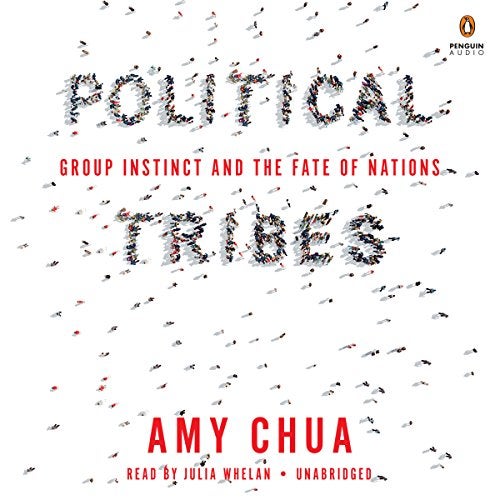
The latest book by the author of the much-discussed “Battle Hymn of the Tiger Mother” examines tribalism inside and outside of America and how identity politics affect the country. Within the U.S., she argues that the Left and the Right each believe that the other side is tearing the country apart (they are both right, she contends) and that blacks and whites increasingly feel threatened and misunderstood by each other, a divide that she says can be bridged only by acknowledging that we all share in a common enterprise.
“You Don’t Own Me: How Mattel v. MGA Entertainment Exposed Barbie’s Dark Side,” by Orly Lobel S.J.D. ’06 (Norton)
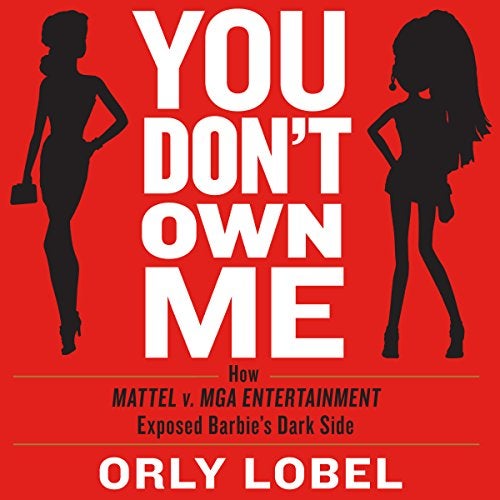
Lobel details an immense conflict centered on small dolls in a book that covers issues ranging from intellectual property law to how marketing influences children. After MGA introduced the Bratz doll, Mattel, creator of the Barbie doll, sued, claiming that Bratz was actually its property because it was designed by a Mattel employee. In addition to in-depth reporting on the trial and appeal, Lobel writes about the origins of Barbie (as a raunchy German cartoon character); the flamboyant immigrant CEO of MGA; and designer Carter Bryant, whose creation of Bratz led to legal expenses of more than half a billion dollars to answer the question of who owns an idea.
“Real American: A Memoir,” by Julie Lythcott-Haims ’94 (Henry Holt)
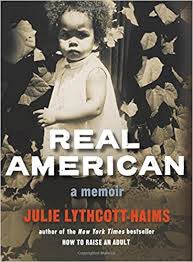
The child of a black father and white mother born when such unions were criminalized in parts of the United States, Lythcott-Haims details her struggles as a biracial child and adult feeling like an outsider among both blacks and whites. Writing in a prose poetry style, she shares moments that reflect her search for identity—her need to invite the only black male in her high school to prom, her uncertainty in a college workshop in which people identified their racial groups, her worry about bringing her light-skinned child to a party attended by black colleagues—and how she eventually discovers self-acceptance.
“Safe Spaces, Brave Spaces: Diversity and Free Expression in Education,” by John Palfrey ’01 (MIT)
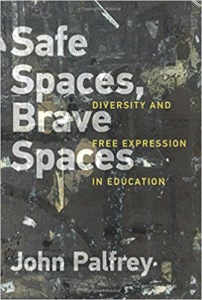
In light of recent controversies surrounding academic freedom and free expression on college campuses, Palfrey calls for “safe spaces” in which students operate under ground rules that may protect and support them while also advocating for “brave spaces” such as classrooms that follow the doctrine of the First Amendment. The former professor and vice dean at HLS, now head of school at Phillips Academy, writes about campus “flashpoints” such as trigger warnings and microaggressions as well as how to respond to hate speech, all with the goal of allowing both diversity and free expression to flourish.
“Without Precedent: Chief Justice John Marshall and His Times,” by Joel Richard Paul ’81 (Riverhead)
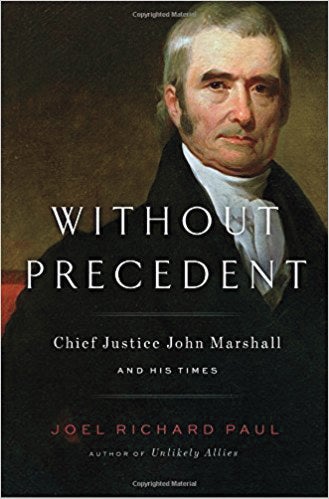
Paul celebrates the unique accomplishments of the soldier, statesman, and, most prominently, chief justice of the United States who helped preserve and strengthen a fledgling nation. The author, a professor at UC Hastings College of the Law, begins with Marshall as a young soldier inspired by George Washington and shows him rising to become the longest-serving chief justice in U.S. history, who forged consensus that has never been matched, despite the disparate justices he served with on the Supreme Court. “More than any other American,” writes Paul, “John Marshall set the foundations of the Republic that have guided the nation for more than two centuries.”
“The Federal Judiciary: Strengths and Weaknesses,” by Richard A. Posner ’62 (Harvard)
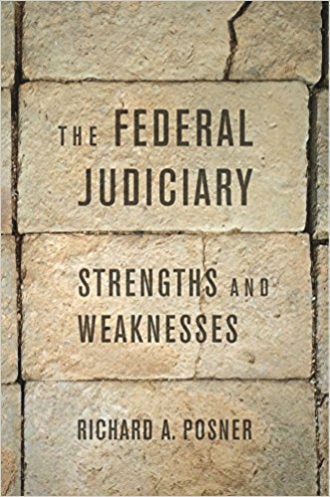
A prolific author who served on the federal bench for more than 35 years before his recent retirement, Posner offers appraisals that are “relentlessly critical and overflowing with suggestions for reform.” Acknowledging strengths such as protections for those accused of crime, he nonetheless focuses on what he sees as the judiciary’s weaknesses, particularly what he calls a “backward-looking” legal culture represented by constitutional originalism. He critiques specific judges and practices such as judges ceding writing of opinions to law clerks (he wrote his own) and having politicians appoint federal judges. As a former full-time professor, he ends by grading the judiciary on how it fulfills the responsibilities of a national court system.
“Robert McNamara’s Other War: The World Bank and International Development,” by Patrick Allan Sharma ’16 (Penn)
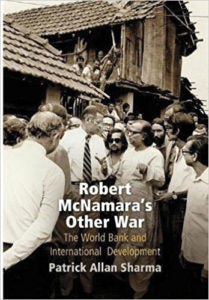
After guiding U.S. strategy in the Vietnam War as secretary of defense, McNamara assumed another role that has been far less known but also had a profound impact: president of the World Bank. Sharma provides a thoroughly researched analysis into McNamara’s tenure there (lasting longer than his time at Defense), which he calls “a story about good intentions gone awry.” According to the author, McNamara expanded the bank’s lending and borrowing with the goal of increasing development, yet the result was a decrease in the quality of projects and an increase in debt problems. Nevertheless, Sharma writes, McNamara’s legacy influences the World Bank today and helped link development with poverty alleviation.
“HATE: Why We Should Resist It with Free Speech, Not Censorship,” by Nadine Strossen ’75 (Oxford)
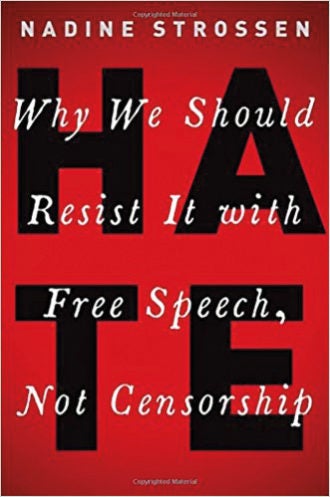
The former president of the American Civil Liberties Union critiques widespread efforts to suppress what some deem “hate speech” in countries around the world and on college campuses in the United States, calling them vague, overbroad, and ultimately counterproductive. Offering examples of people being targeted for their political or social views, Strossen contends that hate speech laws undermine freedom. Moreover, she argues, there is no evidence that they reduce discrimination or violence. Instead, she advocates noncensorial strategies of counterspeech, education and even developing a thicker skin to combat speech that we may not like but that should be protected.
“This Grand Experiment: When Women Entered the Federal Workforce in Civil War–Era Washington, D.C.,” by Jessica Ziparo ’04 (UNC Press)
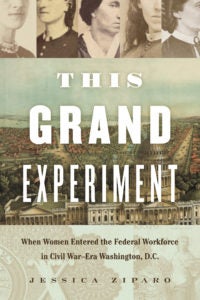
In her recent book, the author details the lives and struggles of the first generation of female government workers in Washington, D.C., highlighting new opportunities as well as barriers that persisted. In order to attain employment, women typically needed to show their dependence. They were confined to a limited array of jobs that paid less than similar work done by men. Female workers were also maligned as prostitutes. Although the “grand experiment” was flawed, Ziparo praises the ambition and persistence of the federal workers who helped advance the women’s rights agenda.
